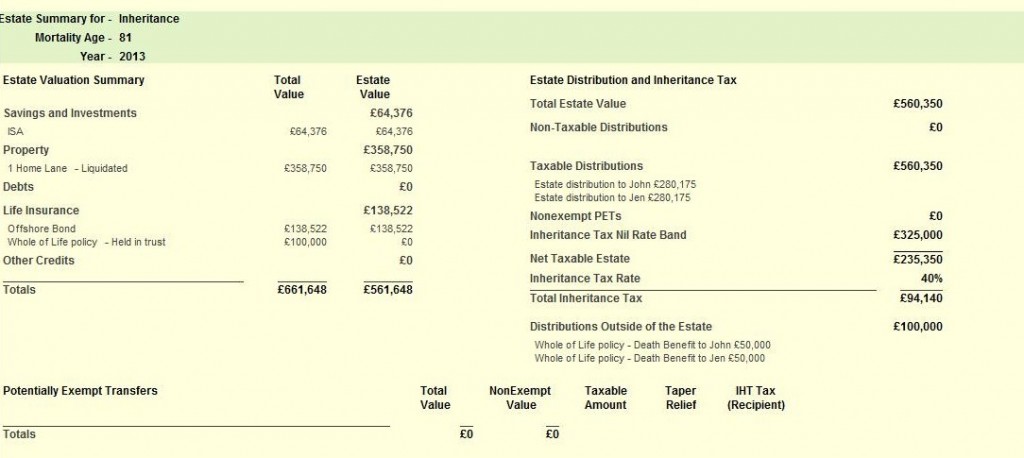When it comes to protecting ourselves and our loved ones from the worst happening, whether it’s a critical illness or untimely death, we all know some sort of life cover or critical illness cover is required to ease the financial strain of these events.
Time and again couples and families are left feeling the financial and emotional pressure because the cover was never put in place. It was never the right time to look at it, they were always too busy, they didn’t think they could afford it, they didn’t see the need to buy insurance as it never gives anything back.
However, there is a shift in the industry now towards providing more than pure insurance as the customer wants to know what’s in it for them, what are the additional benefits and why should they have the cover in place.
Apart from providing peace of mind that your loved ones will be taken care off on your demise a handful of providers are now looking to enhance the benefits available to you while you live a healthy life and in fact they work hard to ensure you stay fit and healthy while saving money.
Pru Protect is a front runner with their Vitality and Vitality Plus schemes which allow their policy holders to follow a  healthier living programme which not only could add years to your life but reduce the need to claim for a critical illness. Their Vitality programme doesn’t just help clients stay healthy but rewards them for their efforts too by means of reducing the premium paid for the cover as they accrue Vitality points.
healthier living programme which not only could add years to your life but reduce the need to claim for a critical illness. Their Vitality programme doesn’t just help clients stay healthy but rewards them for their efforts too by means of reducing the premium paid for the cover as they accrue Vitality points.
They also offer discounts with their health partners for half price health screening, discounts on Champneys spa breaks and even member deals with Cineworld, Vue, Legoland and Thorpe Park to name a few.
Pru Protect recognise that just selling insurance isn’t going to cut it in today’s climate and that everyone wants to know their money is being well spent with immediate benefits in return.
Bright Grey are also in on the act, offering a free Helping Hand service with their cover which is aimed at helping policy owners and their families cope with the trauma of loss or serious illness.
They offer a support service at a time when it is most needed whether its assigning a RED ARC nurse to help you come to terms with your illness, guiding you through the questions you need to ask a consultant or offering bereavement counselling for the family left behind.
They can help with getting you back on your feet with alternative therapies if conventional medicine isn’t the answer and provide rehabilitative support to get you back to work.
Just this morning I had a call from our contact at Aviva to let us know they have now launched their own RED ARC nurse service with their life and critical illness cover and in addition to this they also offer a free 2nd opinion on your medical diagnosis.
 There has never been a better time to review your protection or get something in place if you have been putting it off. It’s about more than just insurance these days and there are a range of additional enhancements and benefits at your finger tips so why not get in touch today to find out more.
There has never been a better time to review your protection or get something in place if you have been putting it off. It’s about more than just insurance these days and there are a range of additional enhancements and benefits at your finger tips so why not get in touch today to find out more.
If you’re still thinking it’s going to be too expensive then watch this space as I will be blogging again shortly to demonstrate the real cost of cover and how there is something for every budget.
Dr Claire Armstrong


 you must be clear about what you are providing to your customer as nothing will sour the relationship quicker than the discovery of a hidden agenda.
you must be clear about what you are providing to your customer as nothing will sour the relationship quicker than the discovery of a hidden agenda.